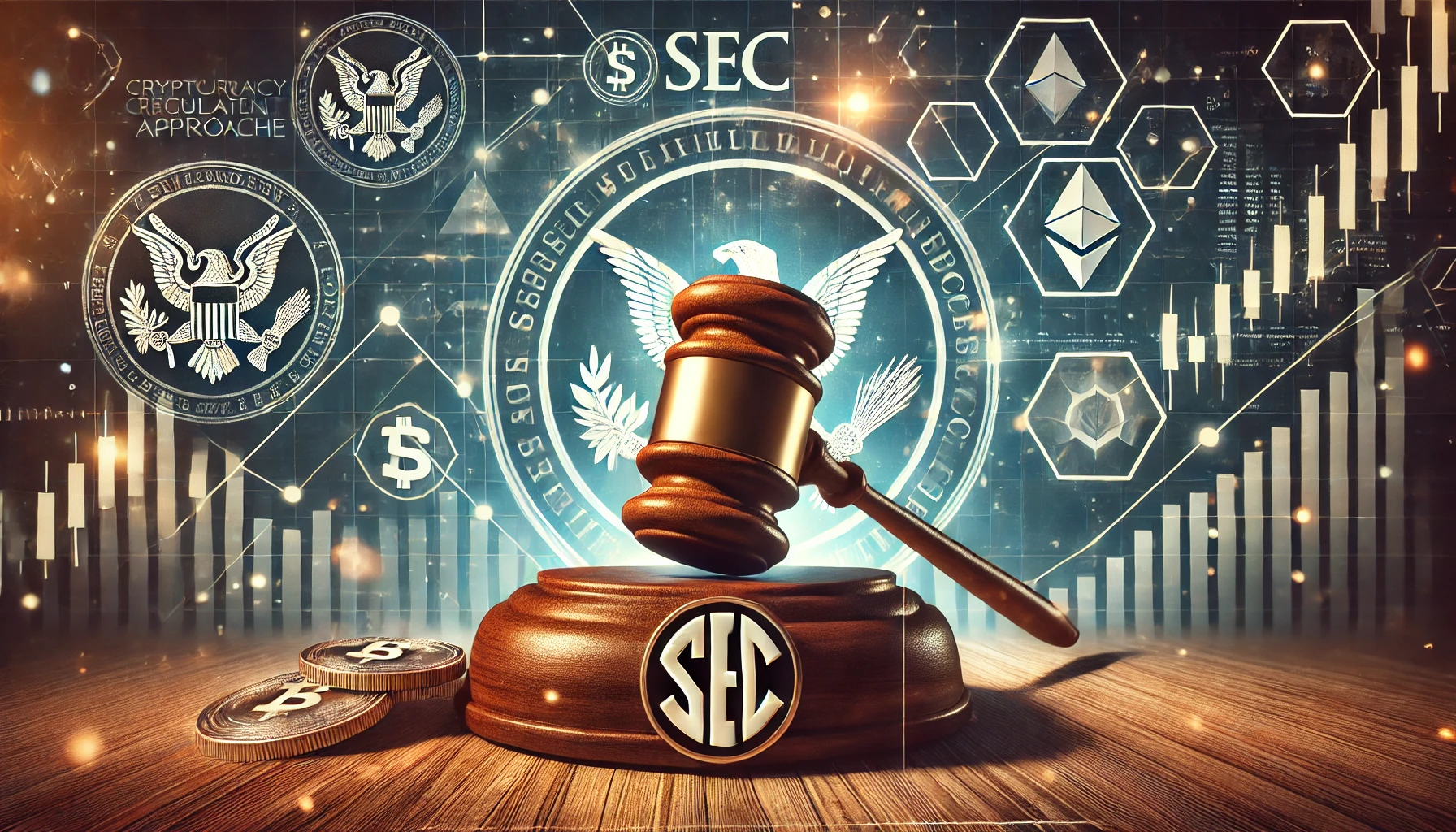A major new turn in the ongoing legal fight between Coinbase and U.S. Securities and Exchange Commission (SEC) came Tuesday, as the U.S. Third Circuit Court of Appeals has rendered direct support for the crypto exchange. Paul Grewal, Coinbase’s freshly minted chief legal officer, emphasized the court’s decision to grant his company’s petition for a writ of mandamus on X, the new social media platform. Grewal said:
We just won our petition for a writ of mandamus at the Third Circuit.
The court served notice it would call on the SEC to state why it denied Coinbase’s rulemaking petition, resulting in the agency’s actions it deems arbitrary and capricious. The SEC was ordered to spell out in detail and reasons its reasons for the decision.
Coinbase Challenges SEC Over Regulatory Ambiguity

The petition was launched after the SEC refused Coinbase’s request to establish clear regulatory parameters for the cryptocurrency industry and provided scant justification. It also serves as a big step to resolve regulatory uncertainty in the sector.
Cryptocurrency advocates and legal experts, however, have widely lauded the ruling. SEC Chair Gary Gensler’s approach to crypto regulation is worrisome Ripple’s General Counsel Stuart Alderoty took to social media to celebrate, criticizing the SEC Chief, Gary Gensler. Speaking ahead of Gensler’s final days, Alderoty said the SEC was attempting to stifle the industry through selective enforcement, and in Gensler’s final days, it’s imploding.”
The decision is groundbreaking, Jake Chervinsky, Chief Policy Officer at the Blockchain Association, claims to hail the decision. He wrote:
This is a particularly big win since it comes from a circuit court, where binding precedent is set, but few crypto cases have gone up on appeal. Bit by bit, the judiciary is reining in the administrative state.
Potential Impact of the Ruling on SEC’s Regulatory Approach

Not every reaction was positive. The ruling was only a minor victory for Coinbase, said attorney Fred Rispoli, because the company lost on some arguments. He also noted the SEC would be able to easily rectify its lack of explanation upon remand.
However, Rispoli noted that Judge Stephanos Bibas’ concurring opinion served to make the point that old rules can’t be applied to new tech such as cryptocurrency. But if the 2nd Circuit adopts the reasoning of the same kind, said Rispoli, it could substantially weaken the SEC’s regulatory stranglehold over the crypto industry.
This is a landmark legal milestone for the relationship between the cryptocurrency sector and its regulators. Pressured by continued criticism of the SEC’s regulatory approach, the judiciary appears to be coming to its rescue and demanding accountability and clarity. The ruling confirms the important role of transparent and consistent guideline application to the rapidly evolving crypto landscape.
Conclusion
The decision by the Third Circuit is a pivotal moment in Coinbase’s tussle with the SEC, forcing the SEC to explain what it’s so afraid of. No one can say yet exactly how important the ruling was in terms of its broader impact, but it demonstrates that the industry is under growing judicial scrutiny, forcing regulators to offer greater transparency and accountability.
Stay tuned to The BIT Journal and keep an eye on Crypto’s updates. Follow us on Twitter and LinkedIn, and join our Telegram channel to be instantly informed about breaking news!
FAQs
- What did the court decide in the Coinbase-SEC case?
The court ordered the SEC to explain its denial of Coinbase’s rulemaking petition, calling the decision “arbitrary and capricious.” - Why did Coinbase challenge the SEC?
Coinbase sought clear regulatory guidelines, which the SEC denied without sufficient explanation. - How did the crypto industry respond?
Crypto advocates praised the ruling as a win for transparency, though some experts called it a limited victory. - What does this mean for crypto regulation?
The ruling highlights the need for modernized regulations and could limit the SEC’s control over the industry.






























